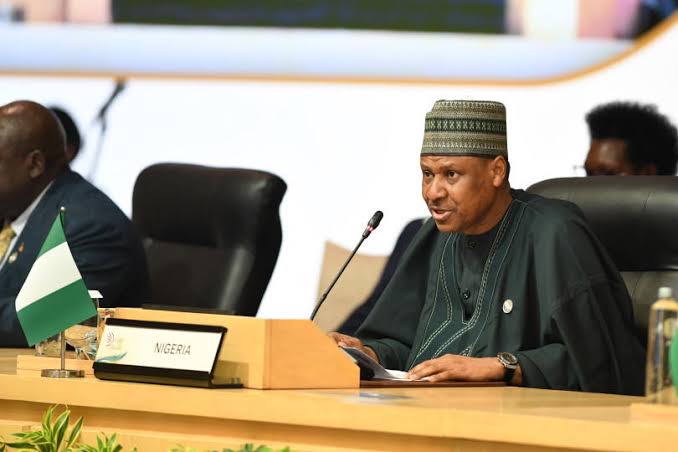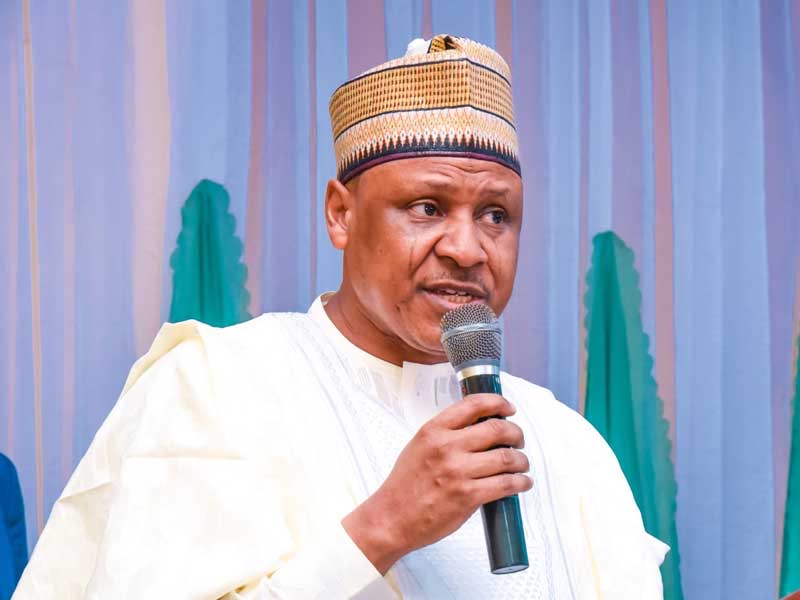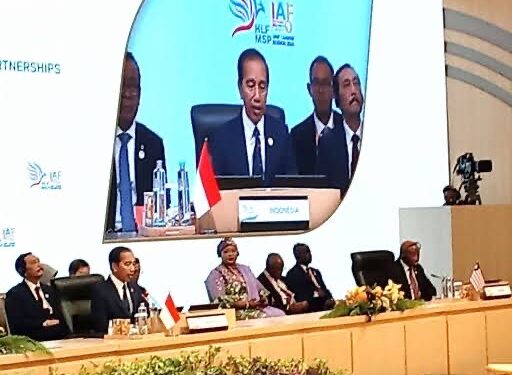Nigeria expressed its desire to deepen its relationship with Indonesia by highlighting Indonesia’s untapped economic potential and opportunities for cooperation. Minister of Information and National Orientation, Muhammad Idris reiterated this at the second Indonesia-Africa Forum: Nigeria Leads Charge for Deeper Cooperation held in Bali, Indonesia from September 1-3.
Representing President Bola Tinubu, Idris led the Nigerian delegation to the high-level Multi-Stakeholder Partnership and Heads of State and Government Summit.

He reiterated Nigeria’s commitment to foster a stronger partnership with Indonesia, stressing that both regions would greatly benefit from enhanced cooperation in trade, investment, and exchange of knowledge and expertise.
Idris said, “The Indonesia-Africa Forum is a catalyst for a new era of cooperation, aimed at propelling both our countries toward a brighter and more prosperous future.
“Nigeria is committed to leveraging our shared strengths and resources to focus on critical pillars, such as economic transformation, energy and mining, food and health security, and the digital economy.
“These are the foundations upon which our future cooperation will be built, driving inclusive and sustainable economic growth beneficial to all our nations.”
The forum highlighted the enormous economic and demographic potential of Africa and Indonesia, with a population of over 1.7 billion and a combined GDP of $4.4 trillion.
The event brought together key stakeholders including heads of state, government officials, and business leaders who discussed economic cooperation and global challenges, and sought pathways to common sustainable growth and development.

Nigeria’s leadership in advancing the African Union’s Agenda 2063 was also a focus of discussion.
The Information Minister highlighted Tinubu’s comprehensive agenda for economic transformation, security, governance, and social development at the national level, as well as his commitment to improving regional trade, infrastructure, and political stability through his leadership in the Economic Community of West African States (ECOWAS).
Nigeria’s active participation in the African Continental Free Trade Area (AfCFTA) was seen as a key factor in boosting intra-African trade and industrialization.
The event was attended by representatives from 22 African and five non-African countries.
The Indonesia-Africa Forum also paid tribute to the 1955 Asia-Africa Forum, known as the Bandung Spirit, which laid the foundation for Asia-Africa relations.
The meeting called for strengthening intercontinental exchanges in terms of trade, investment, and development cooperation, emphasizing that Africa should go beyond its role as a mere raw materials exporter and become a manufacturing hub, while recognizing, in particular, the Trans-Saharan Gas Pipeline, which has become a project between Nigeria, Algeria, and Morocco.
The Indonesia-Africa Forum will serve as a strategic platform for strengthening economic relations between Indonesia and African countries. It will foster dialogue, promote partnerships, and foster sustainable development through cooperation in key areas such as trade, investment, energy, and the digital economy.

































